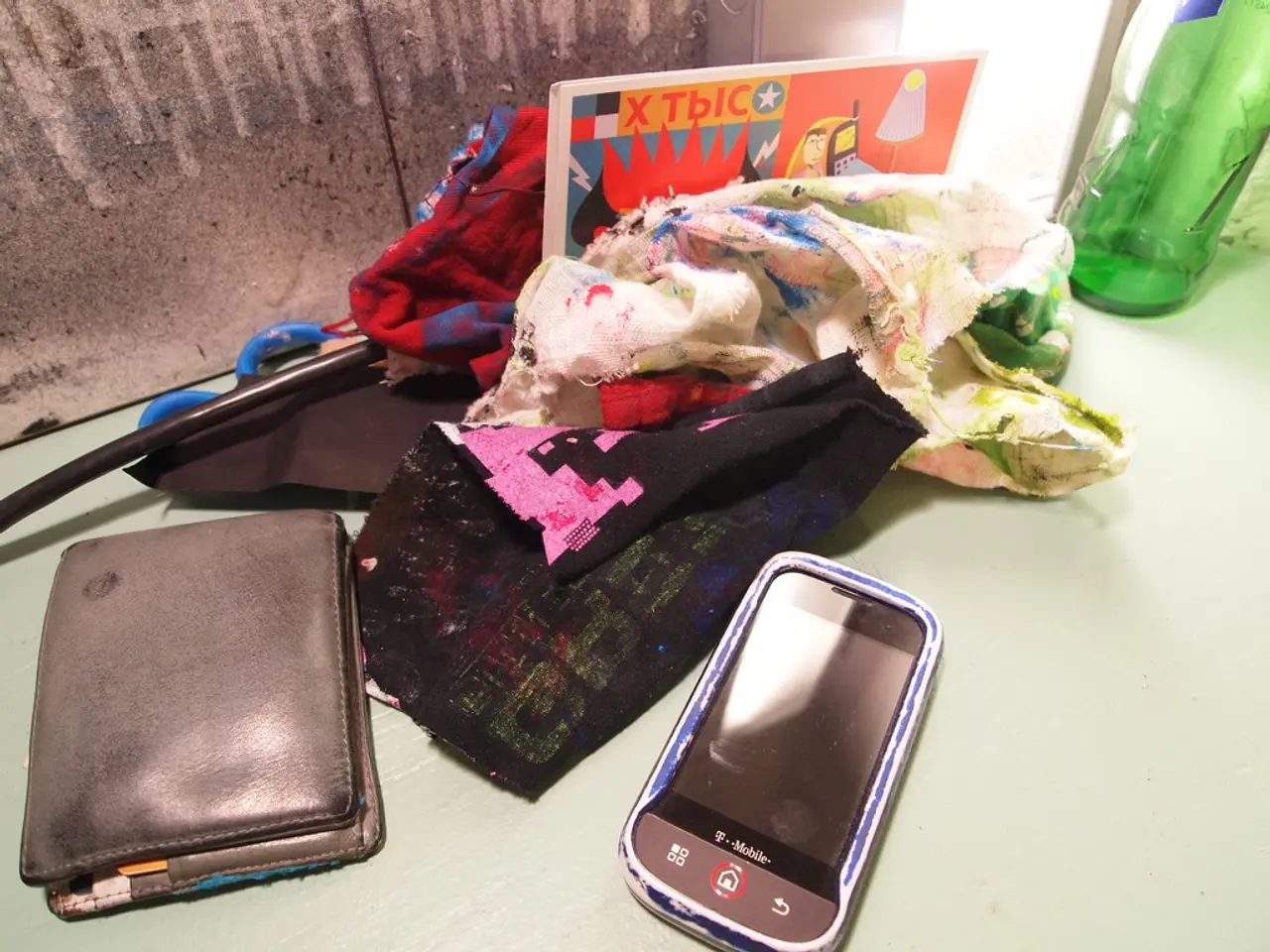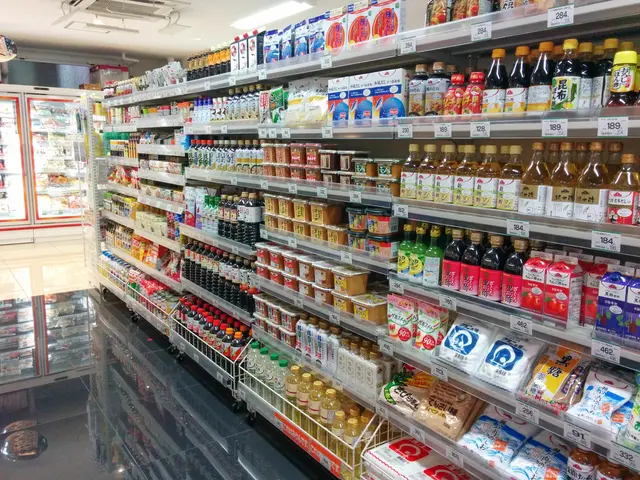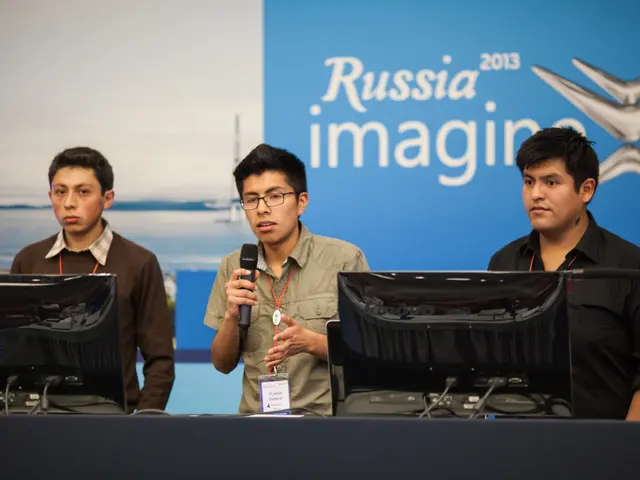WhatsApp banking in Africa gains further endorsement with Mama Money's involvement
Absa Bank Introduces ChatWallet in South Africa, Joining the WhatsApp Banking Revolution
Absa Bank, a leading financial institution in South Africa, has entered the WhatsApp banking arena with the launch of ChatWallet in February. This standalone service, similar to the Mama Money Card, boasts low sign-up barriers, making it an accessible option for many.
Across Africa and beyond, remittance players are capitalising on WhatsApp for banking services. By integrating WhatsApp-based digital banking and remittance platforms, users can send money, pay bills, and withdraw cash quickly through familiar chat interfaces. An example of this is the Ecobank Group's partnership with Semoa, which has resulted in Express Cash by Semoa - a 24/7 WhatsApp banking service available to customers in Togo and the West African Economic and Monetary Union (WAEMU). Users interact with a WhatsApp bot named "Dédé" to request withdrawal tokens, make payments, or send money to friends and relatives, bridging digital and cash economies, even for unbanked users.
Beyond WhatsApp, remittance players are also utilising mobile money wallets and fintech platforms connected through APIs to facilitate real-time, low-cost cross-border payments. For instance, the partnership between Airtel Money and pawaPay allows over 161 million Airtel Money users across seven African countries to receive cross-border remittances directly into their mobile wallets.
Key trends supporting WhatsApp-based and digital wallet-enabled remittance services include the rapid growth of mobile money adoption in Africa, API-driven interoperability between mobile money platforms, banks, and digital wallets, and the use of chatbots and bots on WhatsApp for convenient, immediate transactions.
Many users in Africa rely on pay-as-you-go data to access mobile banking services, making a text-based system an extremely low-cost option. The Mama Money Card, designed to have lower barriers to entry than a traditional bank account, is a prime example of this.
WhatsApp-based banking services offer benefits for providers, including cost-effectiveness and speed in development and updating. Compared to coding a standalone mobile or web application, WhatsApp provides a cheaper and faster platform for developing a customer-ready interface.
The Mama Money Card is partnered with Access Bank and card player Paymentology. CenteWhatsApp, announced by Uganda's Centenary Bank in January, also requires customers to be signed up to Centenary's online banking service. Absa Bank first launched a banking service for its existing accounts on WhatsApp in 2018.
The availability and access of WhatsApp-based banking services in Africa is a significant benefit for users, particularly those who may face challenges with financial inclusion. WhatsApp is the most popular messaging app in most parts of Africa, with over 95% penetration in South Africa. As such, WhatsApp banking services are poised to make a significant impact on the continent.
Whether WhatsApp will become dominant in the banking space remains to be seen. However, growing support for WhatsApp banking is being seen in emerging markets such as India for the same reasons as Africa. As these services continue to evolve and expand, they have the potential to revolutionise the financial landscape in Africa and beyond.
Financial institutions across Africa, such as Absa Bank, are leveraging technology to provide business solutions through WhatsApp-based digital banking services. These platforms, like ChatWallet, offer low-cost and accessible options for users, integrating bill payments, remittances, and cash withdrawals.
The trend of using chatbots and APIs to facilitate cost-effective, real-time cross-border payments is particularly evident in the finance sector, with examples like the partnership between Airtel Money and pawaPay. These advancements in technology are serving to bridge digital and cash economies and provide significant benefits for financially excluded individuals.




